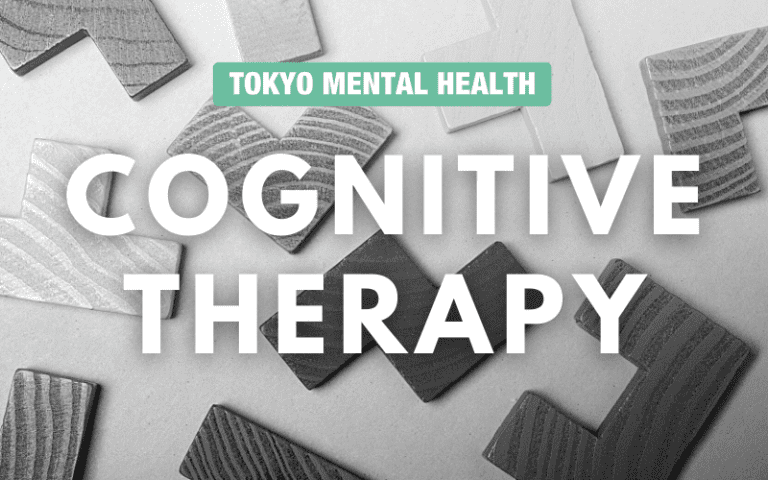Tokyo Mental Health is here to support you and provide you with the help you need.
Cognitive Therapy
Cognitive Therapy works under the premise that thoughts can influence our emotions and behaviors. By acquiring a variety of techniques during Cognitive Therapy, the patient becomes able to change their thinking schemes, improving their emotional condition.Cognitive Therapy began with the work of American psychiatrist Aaron Beck in 1960. An important feature is that the patient works collaboratively with the therapist to develop new skills that can be personally applied to daily problems, decreasing dependence on the therapist.

Cognitive Distortions
Cognitive distortions are irrational or exaggerated ideas that, within Cognitive Therapies, are considered errors in the processing of information. They are usually related to the development of emotional disorders.Through cognitive restructuring, the therapist helps the patient identify the Cognitive Distortions. Then the patient and the therapist look for methods to diminish or correct them, developing more real, alternative thoughts.
Some examples of Cognitive Distortions are:
- All-or-nothing thinking (dichotomous thinking)
- Over-generalizing
- Mental filtering
- Projection
- Catastrophic visions
- Emotional rationing
- Culpability
Types Of Cognitive Therapies
Cognitive therapies include a series of different therapies. Despite having different methods, they work with the modification of thoughts and ideas to improve the emotional and behavioral state of the patient.
The most commonly used therapies are:
- Cognitive Behavioral Therapy
- Acceptance and commitment therapy
- Mindfulness-based therapies
- Cognitive Analytic Therapy
Things to consider about cognitive therapy
Cognitive Behavioral Therapy For Children
As in regular Cognitive Behavioral Therapy (CBT) for adults, the CBT for children is based in both behavior and cognition, helping children to recognize that the cause of their emotions and behaviors is linked to their thoughts. The therapist teaches children to recognize thought patterns and to change them for their own benefit. Children can receive CBT from six or seven years old, although younger children with the ability to understand the concept of self-instruction can also take part of this type of therapy. CBT for children can be used to treat anxiety problems, trauma, panic attacks, phobias, social reclusion, self-esteem problems and behavior problems. It can also be used to learn conflict resolution, assertiveness and how to deal with frustration.
Therapy For Children
If you think your child is suffering from symptoms of anxiety, behaviour problems, school refusal, communication problems, social integration or other emotional problems, seek further assessment from a psychologist and discuss what sort of treatment might be helpful. Come see us at Tokyo Mental Health, or send us a message with your questions.